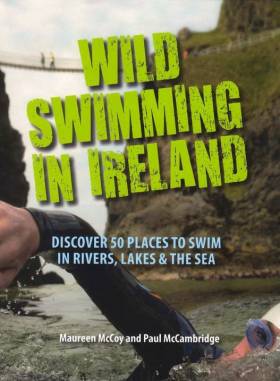Every Year Ireland's Search & Rescue Services deliver emergency life saving work on our seas, lakes and rivers.
Ireland's Water Safety Agencies work hard to provide us with the information we need to keep safe, while enjoying all manner of water based activities.
There's no better fun than getting out on the water but being afloat is a responsibility we all need to take seriously.
These pages detail the work of the rescue agencies. We also aim to promote safety standards among pleasure boaters, and by doing so, prevent, as far as possible, the loss of life at sea and on inland waters. If you have ideas for our pages we'd love to hear from you. Please email us at [email protected]
Think Before You Sink - Wear a Lifejacket
Accidents can happen fast on water and there may not be time to reach for a lifejacket in an emergency therefore don't just carry a lifejacket - wear it; if it's not on you, it can't save your life.
Irish Water Safety's Safe Boating Alert:
Check condition of boat and equipment, hull, engine, fuel, tools, torch.
Check the weather forecast for the area.
Check locally concerning dangerous currents and strong tides.
Do not drink alcohol while setting out or during your trip.
Carry an alternative means of propulsion e.g. sails and oars or motor and oars.
Carry a first aid kit on board and distress signals (at least two parachute distress rockets, two red hand flares).
Carry a fire extinguisher, a hand bailer or bucket with lanyard and an anchor with rope attached.
Carry marine radio or some means of communication with shore.
Do not overload the boat - this will make it unstable.
Do not set out unless accompanied by an experienced person.
Leave details of your planned trip with someone ashore - including departure and arrival times, description of boat, names of persons on board, etc.
Wear a Lifejacket at all times.
Keep an eye on the weather - seek shelter in good time.
In Marine Emergencies, call 999 or 112 and ask for Marine Rescue.
Lifejackets Checklist
Ensure Cartridges have not been punctured and are secured firmly.
Ensure all zips, buckles, fasteners and webbing straps are functioning correctly and adjusted to fit the user.
Check that fitted lights are operating correctly.
Ensure that Automatic Inflation devices are fully serviced and in date.
Check that the valve or lifejacket is not leaking.































































